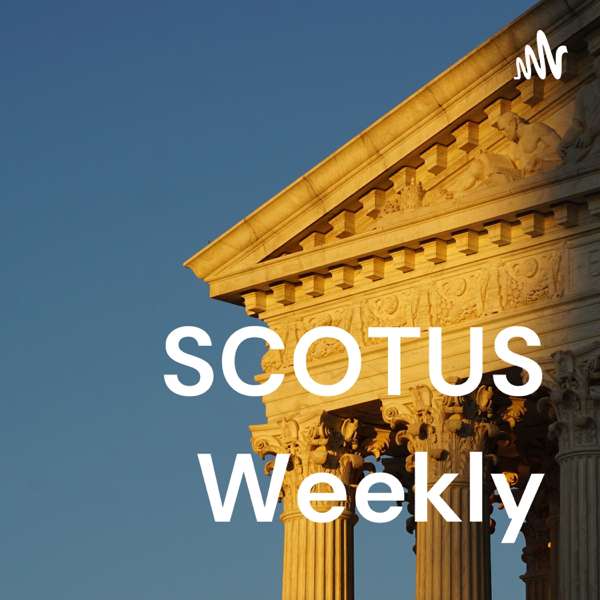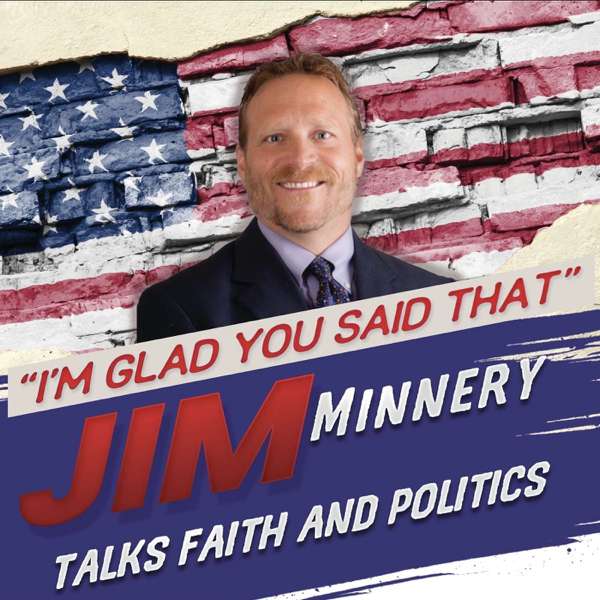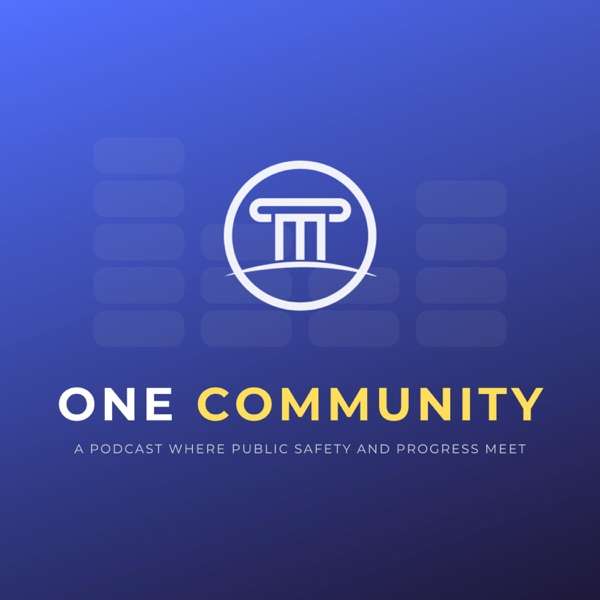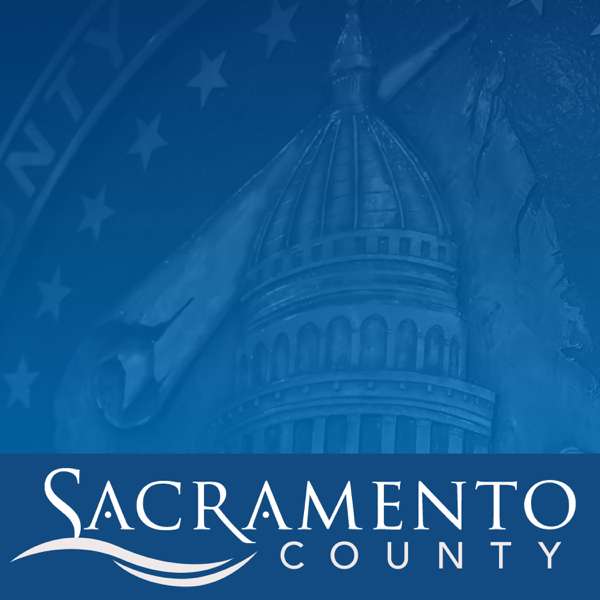Donald Trump says he knows nothing about Project 2025. Yet the Heritage Foundation and its collaborators call it “the Presidential Transition Project.” In “Project 2025: Revealed!”–season 3 of “Democracy’s Chief Executive: The Podcast–Peter Shane and Dale Russakoff explore Project 2025’s ambitious right-wing agenda and recruiting effort, designed to empower a hoped-for, but unnamed “next conservative president.” Experts on education, reproductive rights, immigration, the environment, DEI, labor, and much else answer Peter and Dale’s questions about the Project’s overall ideology and specific
- Home
- Top Charts
- Top Networks
- Top Apps
- Top Independents
- Top Podfluencers
- Top Picks
- Top Business Podcasts
- Top True Crime Podcasts
- Top Finance Podcasts
- Top Comedy Podcasts
- Top Music Podcasts
- Top Womens Podcasts
- Top Kids Podcasts
- Top Sports Podcasts
- Top News Podcasts
- Top Tech Podcasts
- Top Crypto Podcasts
- Top Entrepreneurial Podcasts
- Top Fantasy Sports Podcasts
- Top Political Podcasts
- Top Science Podcasts
- Top Self Help Podcasts
- Top Sports Betting Podcasts
- Top Stocks Podcasts
- Podcast News
- About Us
- Podcast Advertising
- Contact

 Our TOPPODCAST Picks
Our TOPPODCAST Picks  Stay Connected
Stay Connected







